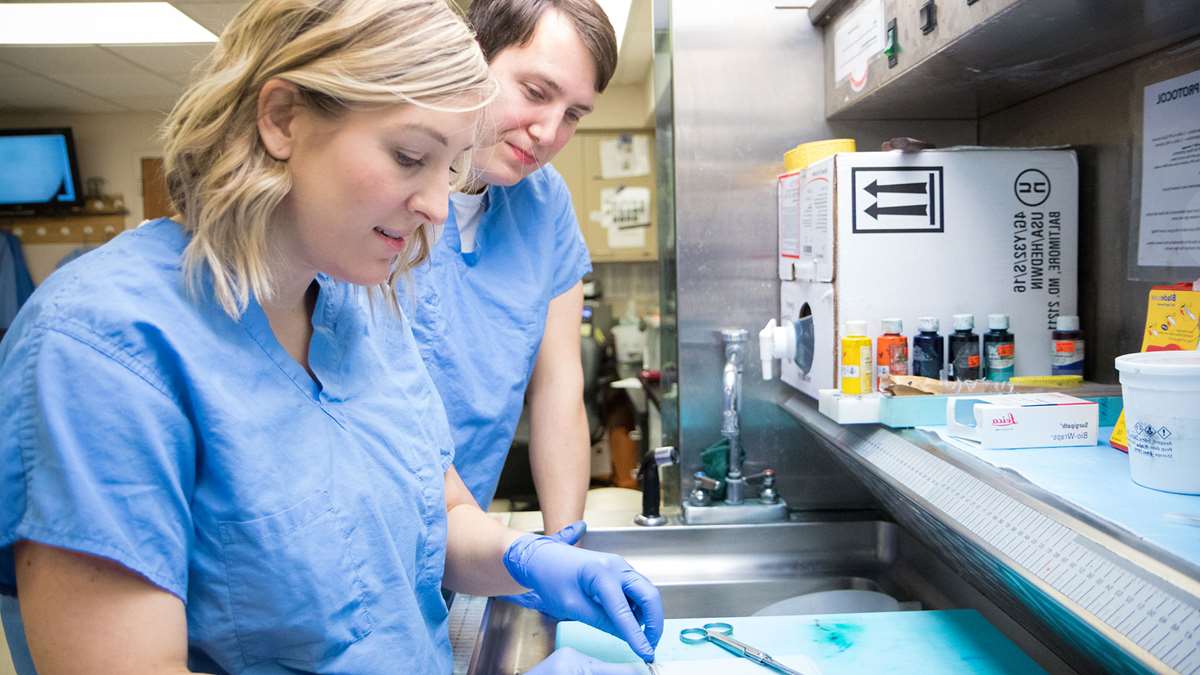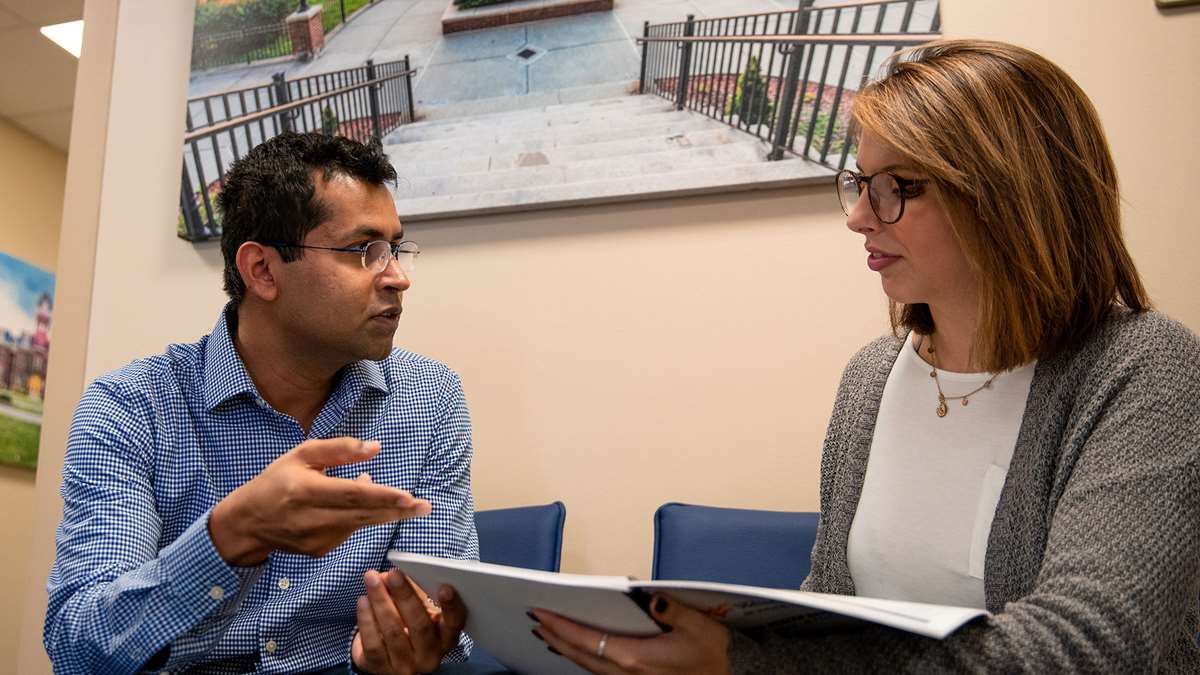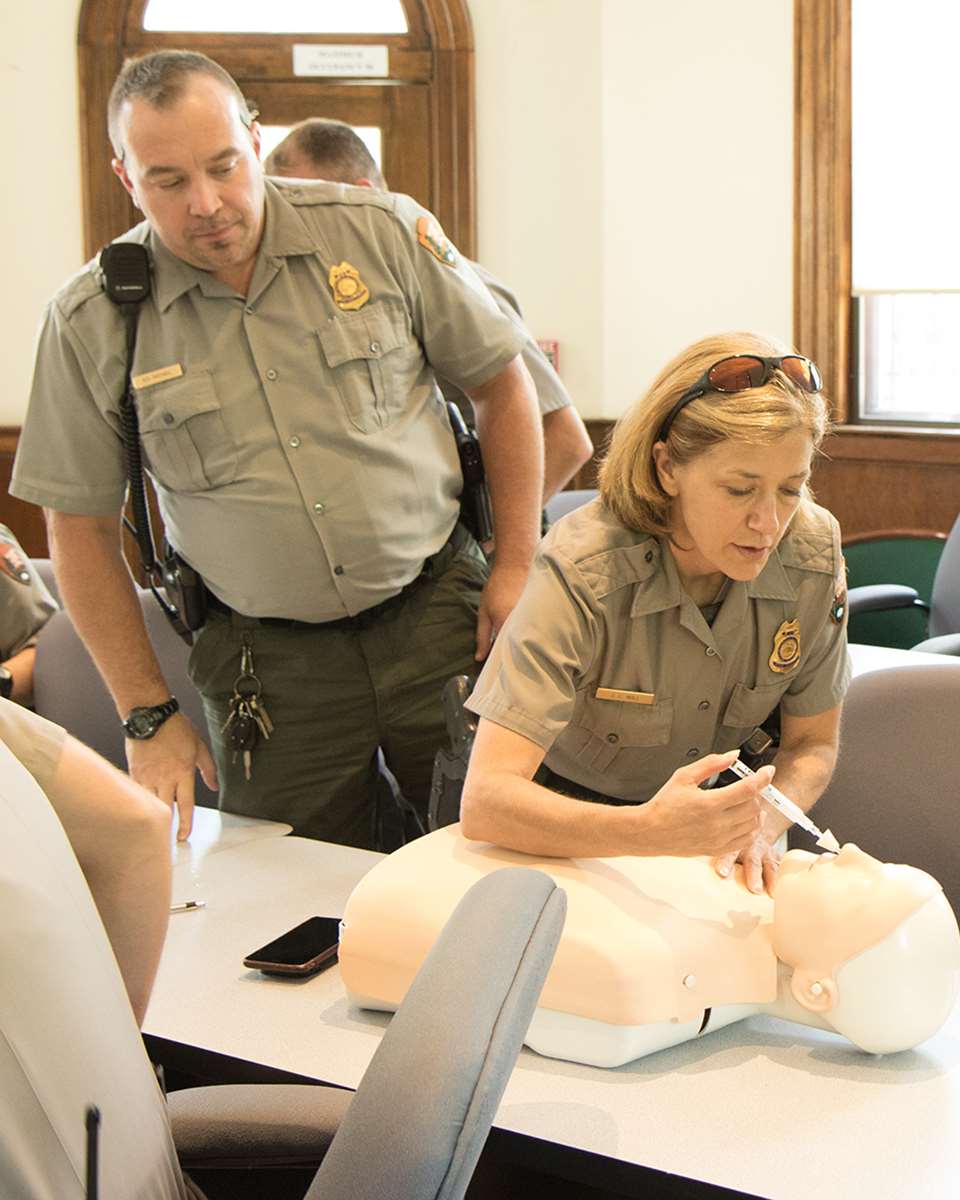About Us
The drug overdose epidemic has touched thousands of individuals, families and communities, and it is not a standalone problem.
West Virginia University’s vision is to provide resources to address the immediate issue of addiction – and to improve future outcomes by providing educational opportunities for students enrolled in our academic programs and professionals and community members across the state.


Do you or a loved one need immediate assistance?
On Campus
Part of the nation’s first cohort of programs to achieve accreditation from the Accreditation Council for Graduate Medical Education in addiction medicine training, the School of Medicine offers addiction medicine and addiction psychiatry fellowships that are committed to offering mentorship and research opportunities.
Undergraduate students may pursue a Bachelor of Arts in Mental Health and Addiction Studies or a minor in Addiction Studies.



Across the State
The Strengthening Training for Addiction Recovery (STAR) Project, funded by the West Virginia Department of Health and Human Resources and in conjunction with the West Virginia Statewide Opioid Response, is working to grow and improve the West Virginia social work workforce to intervene in opioid use disorder (OUD), and other substance use disorders (SUD), in meaningful and measurable ways. Through STAR, the WVU School of Social Work provides training and education experiences for enrolled students and social work professionals.
The Center of Excellence for Addiction Medicine is a central station that connects information to providers, those seeking help, and those that are interested in learning about treatment for medications for opioid use disorder. The Center’s goal is to increase the quantity of addiction education and training throughout the state of West Virginia, and to provide quality access to its residents.
WVU also partners with governmental, healthcare, educational and private groups across the state to address the underlying causes of addiction, including behavioral, social, economic and psychological factors.
Community partnerships such as Healthy Harrison, Sustainable Williamson, Try This West Virginia and Coalfield Development focus not only on population health, but on economic redevelopment through entrepreneurship. Training opportunities, such as naloxone administration, are also provided to local law enforcement agencies and community organizations.